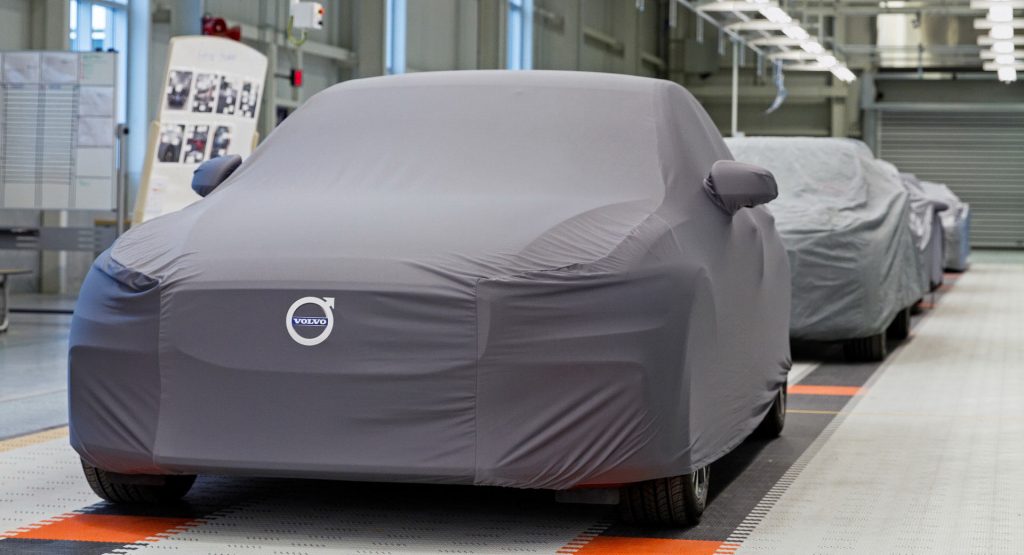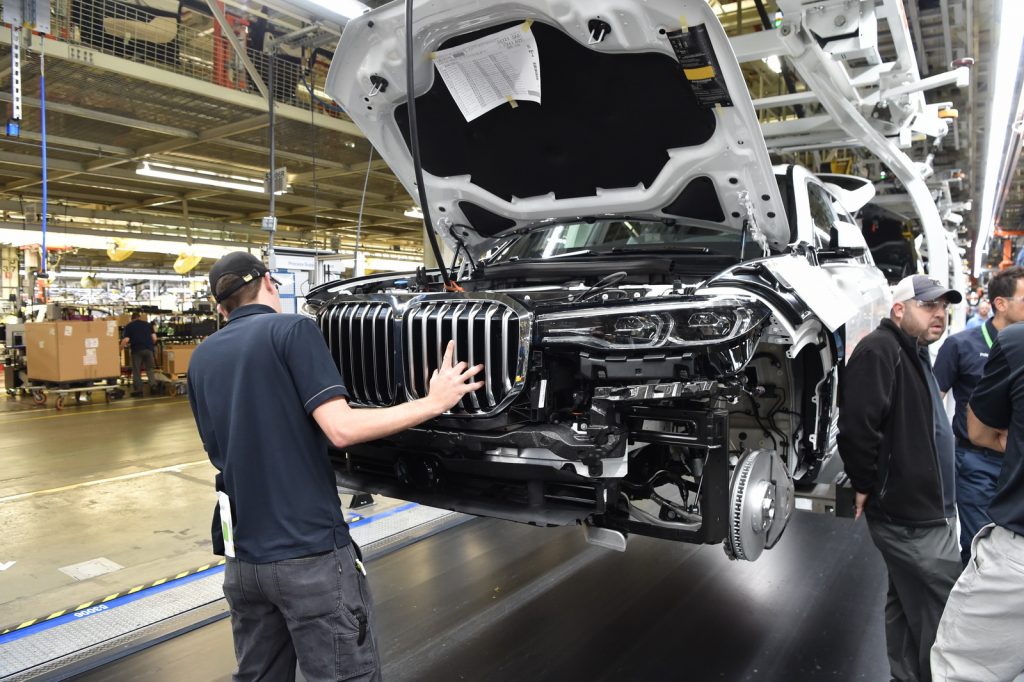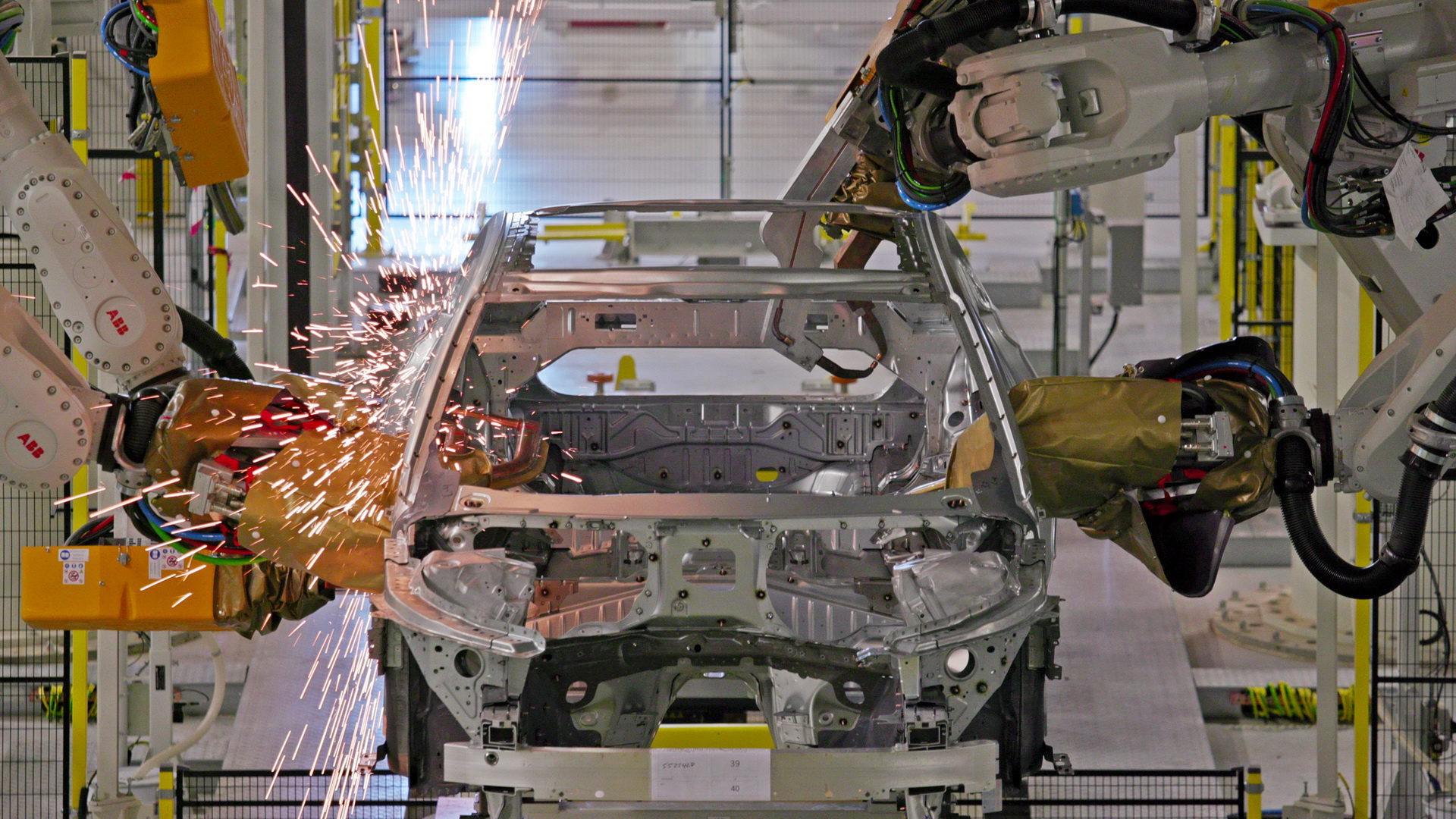Following a series of rather baffling announcements, the White House now acknowledges that there’s no agreement yet with the Chinese government to roll back its tariffs on US-made vehicles, CNBC reports.
This follows President Trump’s tweet on December 3, saying that “China has agreed to reduce and remove tariffs on cars coming into China from the U.S. Currently the tariff is 40%.”
A day later, President Trump said on his Twitter that “the negotiations with China have already started” and that the deal will probably happen.
We are either going to have a REAL DEAL with China, or no deal at all – at which point we will be charging major Tariffs against Chinese product being shipped into the United States. Ultimately, I believe, we will be making a deal – either now or into the future….
— Donald J. Trump (@realDonaldTrump) December 5, 2018
“It doesn’t seem like anything was actually agreed to at the dinner and White House officials are contorting themselves into pretzels to reconcile Trump’s tweets (which seem if not completely fabricated then grossly exaggerated) with reality,” said an investor note issued by JPMorgan.
USA and China have agreed to a 90-day truce in order to negotiate a new trade deal, without the latter committing to anything.
China has imposed a 40 percent tariff on US-made vehicles as a retaliation measure to Trump’s new duties on Chinese goods. The US auto industry, which shipped 250,000 vehicles to China last year, took a sharp hit from the Chinese tariffs, prompting automakers to look for alternatives.
BMW, which is the largest exporter of US-made vehicles, is reportedly considering building more SUVs in China in order to offset the cost of tariffs. The German carmaker’s initial plan was to boost production output in its Spartanburg factory with the launch of the new X7.
Volvo had also earmarked around half of the vehicles built in its new Charleston factory for export, with many of them bound for China. But with the tariffs now at 40 percent, their plan will change.
“We … thought Charleston could build cars for China,” Volvo’s global CEO Hakan Samuelsson told USA Today last week. “That will not work,” Samuelsson added. Volvo will consider shifting some production from Charleston to China, impacting production levels and hiring at the plant, Volvo’s CEO said.

















